Anxiety Disorder and Substance Abuse

By The Recovery Village
Medical Reviewer Audrey Howitt, JD, LMFT | Editor Melissa Carmona
Last Updated: March 24, 2023
Editorial Policy | Research Policy
Anxiety and substance abuse issues can co-occur and make each other worse. Treating both disorders together is key to a successful recovery.
Anxiety and substance abuse often occur together. They are among the most frequent psychiatric issues reported: 28.8% of Americans experience anxiety, and 14.6% abuse substances in their lifetimes. Having one of these issues is a risk factor for developing the other.
The two disorders are intertwined in how they start and how they feed off each other. Studies show three different pathways to having both:
- Self-medicating anxiety symptoms with drugs, leading to a substance use disorder
- Substance use bringing on anxiety
- Genetics or environmental exposure leading to both
The relationship between anxiety and substance abuse has implications for how these conditions are treated. Having an anxiety disorder can be related to:
- More severe alcohol use disorders
- More severe alcohol withdrawal
- An increased need for treatment services
- Higher relapse rates
Likewise, having a substance use disorder can make recovery from an anxiety disorder more difficult and can make recurring symptoms more likely.
The Connection Between Anxiety and Drug Addiction
Anxiety disorders move beyond ordinary feelings of anxiety and worry over our circumstances. People with anxiety disorders cannot engage in daily tasks due to the level and intensity of their anxiety. Anxiety disorders can be caused by many underlying issues, including:
- Family history or genetics: A person whose parent or relative has an anxiety disorder is at a higher risk of developing an anxiety disorder
- Past experiences: Past trauma, abuse or neglect can trigger the development of an anxiety disorder.
- Medical conditions: Certain medical conditions can have anxiety as a symptom.
- Substance abuse: Substance use can trigger mental illness, including anxiety.
Those who experience anxiety disorders may also be prone to self-medicating to cope with anxiety symptoms. For example, a person who suffers from social anxiety may use drugs or alcohol to loosen up and feel less inhibited around others, which can make their anxiety worse over time. Or, someone may use an anti-anxiety medication without a prescription, which can bring a host of other symptoms and side effects.
Using substances to cope can develop into a separate substance use disorder over time. In addition, many substances, including some anti-anxiety medications, can themselves be addictive, making the cycle of anxiety and addiction worse.
Treating Addiction with Anxiety Disorders
Treating substance abuse alone will not eliminate the anxiety. It is usually necessary to treat both anxiety and substance abuse together. Many treatment facilities, like The Recovery Village Cherry Hill at Cooper, treat substance use and mental health disorders simultaneously in a program called dual diagnosis treatment. Clinicians offering dual diagnosis consider both disorders and how they impact one another, then prescribe medications and psychotherapy with that in mind.
Cognitive-behavioral therapy (CBT) is effective for treating substance dependence and anxiety disorders. CBT is an evidence-based therapy that helps the patient learn skills for managing their mental health. Its basic premise is that if we change unhelpful thoughts and behaviors, we can change our feelings and lead healthier, more productive lives.
CBT techniques for anxiety disorders may include relaxation techniques when anxiety levels are high. CBT for substance abuse issues may include:
- Motivational interventions to motivate clients for change
- Contingency management to help reinforce healthy behaviors
- Relapse prevention techniques
Initial medications for both disorders may include a serotonin reuptake inhibitor such as paroxetine (Paxil). This medication has been evaluated as a treatment for both social anxiety disorder (SAD) and co-occurring alcohol use disorder. Zoloft (sertraline), another SSRI, may also be useful. BuSpar (buspirone) is often effective with both disorders as well.
What Is Anxiety?
Anxiety is a natural bodily reaction in the face of stress, danger or an unfamiliar situation. We may experience worry, fear, increased blood pressure, rapid pulse or rapid breathing. The body prepares to fight or flee.
When these reactions become learned habits, we may experience them often, even without the trigger present. Habitual anxiety without a direct cause may begin to interfere with daily living. When that occurs, we may have difficulty sleeping, working, and maintaining relationships because of our heightened anxiety. In that instance, medical and therapeutic intervention may be needed to alleviate anxiety symptoms.
Common types of anxiety disorders include:
- Generalized anxiety disorder (GAD): People with GAD have excessive generalized anxiety and worry that interferes with daily life. They may be irritable, fatigued or struggle with sleep.
- Panic disorder: People with panic disorder may have recurrent panic attacks with symptoms such as heart palpitations, sweating, chest pain, shaking and feelings of detachment.
- Phobia: This is excessive and uncontrollable fear about a specific activity or thing, such as a fear of flying. The person knows that the fear is excessive but cannot control it.
- Social anxiety disorder: A person with this disorder will experience significant anxiety and discomfort in social situations. They may fear being embarrassed, humiliated or rejected and will try to avoid the situation if possible.
- Separation anxiety disorder: A person with this disorder may feel excessive fear or anxiety about being separated from loved ones, which makes daily life more difficult. They may refuse to be away from their person or may experience extreme anxiety when separated, even temporarily.
FAQs
How does anxiety cause drug abuse?
Anxiety can feel overwhelming sometimes. A person may seek to self-medicate with alcohol or drugs to handle their symptoms. However, self-medication can often lead to addiction.
Is substance abuse a symptom of anxiety?
Substance abuse is generally not a symptom of anxiety. Most anxiety disorders rule out substance use as a cause before diagnosis. However, substance abuse can heighten anxiety, making symptoms worse. Substance-induced anxiety disorder occurs after ingestion of either alcohol or another drug. Symptoms are usually experienced after consuming or after you stop. This can occur after repeated use or after a single episode.
Are medications for treating anxiety addictive?
Benzodiazepines such as alprazolam, clonazepam and lorazepam, are one class of medication often prescribed for anxiety. These drugs must be used carefully, as they can be addictive. They are often used for only a short while. Other medications, such as BuSpar, may be used without the risk of addiction.
Anxiety Symptoms
Fear and worry are often normal reactions to stressful situations. When that fear and worry become excessive and interfere with daily life, it may be an anxiety disorder. Typical symptoms of anxiety disorders include:
- Excessive fear and worry
- Being unable to control the fear and worry
- Easily fatigued
- Difficulty concentrating
- Sleep disturbances
- Irritability
When anxiety symptoms overwhelm a person, they may suffer a panic attack or anxiety attack. A panic attack is a sudden onset of intense fear. It triggers severe physical reactions. There is usually no apparent cause. People often feel as though they may be suffering a heart attack or dying.
Effects of Substance Use on Anxiety Symptoms
Many who suffer from anxiety use substances to calm their symptoms. While this may feel like it’s working in the short term, continued substance use increases tolerance and leads to increased use, which can make anxiety worse. In particular:
- Alcohol: Heavy drinking, for example, rewires brain chemistry, which can make anxiety more likely. Escalating use can make anxiety symptoms worse and can lead to panic attacks.
- Marijuana: Long-term marijuana use can make anxiety symptoms worse. High levels of THC can escalate heartbeat levels and increase racing thoughts.
- Stimulants: Stimulants increase energy levels and promote alertness. Large doses can result in increased anxiety and panic. Stimulants include caffeine, nicotine, amphetamines and cocaine.
Studies have shown that having a substance use disorder can make recovery from generalized anxiety disorder more difficult. Substance use can also increase the risk of suicide in patients with panic disorder.
During withdrawal from substance use, anxiety can be acute and can remain high for about a quarter of people in recovery for as long as two years.
Helping Someone with Anxiety and Drug Addiction
It is important to seek help from clinicians who are experienced in treating anxiety and substance abuse together. Getting evidence-based, dual diagnosis treatment increases the client’s ability to recover from both issues. Many treatment centers are beginning to offer dual diagnosis treatment. In the New Jersey area, you can get help at The Recovery Village Cherry Hill at Cooper. Our treatment center provides dual diagnosis treatment at all levels of care. Contact us today to learn more about treatment programs that can simultaneously address your substance use and any co-occurring mental health conditions.
Questions?
Our Recovery Advocates are ready to answer your questions about addiction treatment and help you start your recovery.
Sources
Smith, J. P., & Book, S. W. “Anxiety and Substance Use Disorders: A Review.” The Psychiatric Times, 2008. Accessed on November 2, 2021.
Turner, S., Mota, N., Bolton, J., & Sareen, J. “Self-medication with alcohol or drugs fo[…]iological literature.” Depression and Anxiety, September 2018. Accessed on November 2, 2021.
Anxiety & Depression Association of America. “Substance Use.” October 19, 2021. Accessed on November 3, 2021.
Rudman, D. “ Substance Use Disorder Co-Occurring wi[…]: Evidence-Based CBT.” St. Catherine University, May 2016. Accessed on November 3, 2021.
McHugh, R. K., Hearon, B. A., & Otto, M. W. “Cognitive behavioral therapy for substance use disorders.” The Psychiatric Clinics of North America, 2010. Accessed on November 5, 2021.
Kaczkurkin, A. N., & Foa, E. B. “Cognitive-behavioral therapy for anxiety[…]e empirical evidence.” Dialogues in Clinical Neuroscience, September 2015. Accessed on November 5, 2021.
Kaplan, K., Kurtz, F. & Serafini, K. “Substance-induced anxiety disorder […]amine: a case report.” Journal of Medical Case Reports, May 25, 2018. Accessed on November 5, 2021.
Substance Abuse and Mental Health Services Administration. “Impact of the DSM-IV to DSM-5 Chang[…] Drug Use and Health.” June 2016. Accessed on November 6, 2021.
National Institute of Mental Health. “Panic Disorder: When Fear Overwhelms.” 2016. Accessed on November 6, 2021.
American Psychiatric Association. “What are Anxiety Disorders?” June 2021. Accessed on November 6, 2021.
Mohamed, I.I., Ahmad, H.E.K., Hassaan, S.H. et al. “Assessment of anxiety and depression amo[…]a case-control study.” Middle East Current Psychiatry, June 3, 2020. Accessed on November 7, 2021.
University of North Carolina School of Medicine. “Heavy drinking rewires brain, increasing[…] to anxiety problems.” Science Daily, September 2, 2012. Accessed on November 7, 2021.
Stoner, Susan, University of Washington. “Effects of Marijuana on Mental Health: Anxiety Disorders.” Alcohol and Drug Abuse Institute, June 2017. Accessed on November 7, 2021.
Mammen, George; et al. “Association of Cannabis With Long-Term C[…] Prospective Studies.” Journal of Clinical Psychiatry, June 5, 2018. Accessed November 7, 2021.



